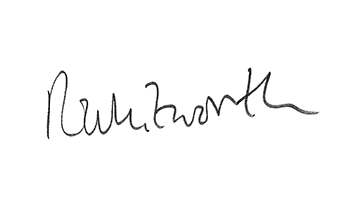The word ‘mature’ often crops up in analytical science. “Gas chromatography is a mature technique,” states Hans-Gerd Janssen (1). Few would actually disagree with his statement, but does it not very much depend on the definition? Do we mean: i) having attained a final or desired state, or ii) having achieved a low but stable growth rate?
For me, the two definitions (Merriam Webster) are worlds apart. I’ve selected Hans-Gerd’s statement because, knowing him, I suspect there is a hint of irony; he follows his statement with, “[GC] grew from a technique that was thought to be almost perfect to a technique that performs 100 times better and is still ‘only’ almost perfect...” referring to several “revolutions” in GC. “Almost perfect” sounds like we’ve reached definition ii) – but subsequent “revolutions” change the game and blow our previous perceptions of maturity out of the water. Definition i) is trickier to handle. “Final” is a heavy word – and I’m not sure any analytical scientist (or any scientist for that matter) would dare suggest that no further progress can be made at all. “Desired” is closer to the truth – but sounds rather emotionally compromised. I much prefer Hans-Gerd’s mantra of “good enough,” which is an entirely different concept and has more to do with balancing analytical need, throughput and cost. What is my point? Declarations of maturity lull us into a false sense of security – or allow us to rest on our laurels. Have we really got to our desired state? Are we really happy with a low but steady growth rate? If not: don’t press pause.
As Emily Hilder notes here, “What we’ve been able to achieve over the last 10 or 20 years has already been phenomenal, but right now, we tend to measure what we can measure rather than what we need to.” Think about the latter part of that statement for a moment and then reconsider the notion of maturity... The reality is, there is so much more to do in so many fields that maturity shouldn’t really be on the agenda. Our Top 50 influential women in analytical science (aka The Power List) share real vision for the future, making it very clear that opportunities to make a difference abound. I dare be so bold as to offer a “final state” in analytical science: the ability to accurately measure everything, everywhere, every time, all the time. And if that seems too extreme, Emily Hilder has thrown down a more reasonable gauntlet: real-time, in situ measurements in complex systems – who will accept the challenge?
Rich Whitworth
Editor

References
- http://tas.txp.to/1016/chromedia




